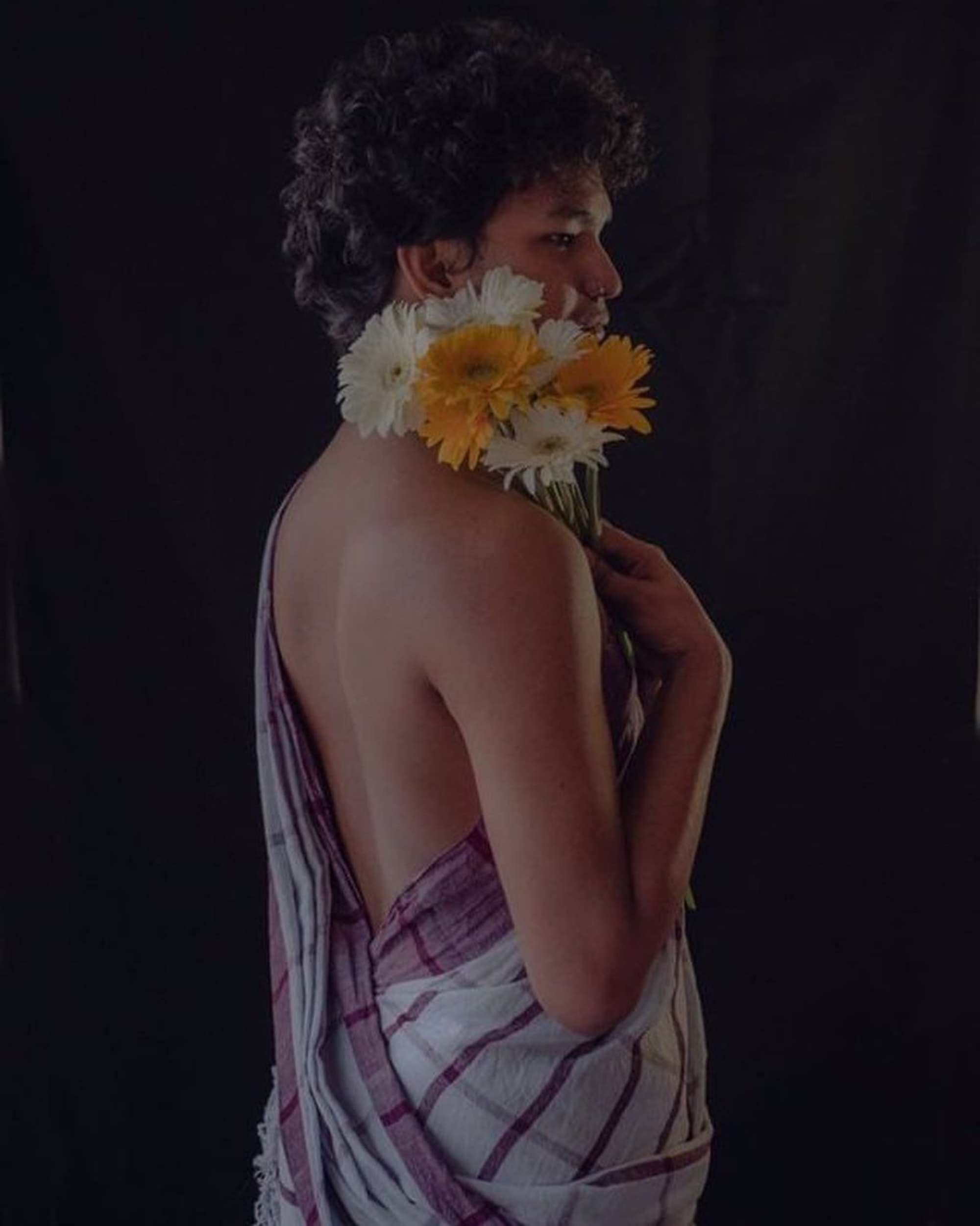Colonialism did not end for Adivasi communities in India post 15th of August 1947… The Indian State is yet to legally recognize indigenous religions, and all the 'development' in India is done by looting and colonizing Adivasi land and communities.
Christy Nag, an M.Phil scholar from the Tata Institute of Social Sciences - Mumbai, is committed to undoing these wrongs through her work on gender, indigeneity, and community mental health.
She recalls how it wasn't the easiest thing to come to terms with a gender identity growing up. Like any other teenager, Christy remembers the numerous crushes she used to have on men and how she would have to swallow her thought with the bitter pill of 'wanting to fit in.' When Christy was introduced to the word 'gay' around class six, its usage was meant to be an 'abuse.' A devout Christian, she looked to God to battle with her emotions, and her prayers often revolved around asking Jesus to change her. God would soon listen to her, and the change would come, but not quite in the way she had earlier expected it to during her prayers.
During the movement on the Transgender Right to Protection Bill, now an Act, that I started telling my story as an Adivasi transwoman in public.
Belonging to the Munda tribe, Christy began telling her story as an Adivasi transwoman after participating in the TISS Queer Collective, a nationwide campaign led by the LGBTQIA+ community.
Christy feels that a lack of proper representation of trans people in the committee drafting the Transgender Act has brought several flaws. Hence, there has been widespread retaliation from the trans community against the Act. There is a substantial dearth of representation, she asserts and adds that even minimal conversation regarding prejudices against the trans community is largely absent in the country's policymaking. She believes that a more inclusive approach from members of the queer community could help remedy this problem. However, Christy also points out that such inclusiveness is still lacking within the LGBTQIA+ community itself.
I have been involved with the 'Queer Azadi March,' the organizing group/collective of Mumbai Pride for the past three years, and the experience has not been healthy.
Christy elaborates that several meetings were held to discuss why there should only be a rainbow flag and not an Ambedkarite flag in Pride marches in India. She feels that the idea that the queer movement should remain apolitical and not engage with caste or indigeneity reeks of privilege. And thereby, the apolitical movement actually takes sides with the dominant group or caste.
Caste, according to Christy, is a political reality in the country and is a major obstruction towards establishing equality across all genders and sexual preferences. She feels that the Transgender Bill could become an Act because 'some Savarna queer and trans persons' supported it, betraying the transgender, intersex, gender non-conforming individuals and communities across the length and breadth of the country.
Christy points out that representation of gender in most Adivasi cultures revolves around the male-female binary, and she hasn't come across any representation of the queer community in its traditional folklore and literature. However, she cautions that most Adivasi literature has been documented through the lens of Christian missionaries and may have omitted various sorts of beliefs and practices.
We need to dig deeper in folk literature not just written one but also folk literature which is there in oral tradition.
Christy believes this is a necessary step to assert the true essence of how the LGBTQIA+ community has been portrayed through the lens of Adivasi culture. She believes that there is a need to understand that only written published work does not constitute literature. Especially when it comes to the contemporary world, Christy believes that literature has multiple formats with an increasing representation of the queer community from diverse locations. She exemplifies her statement by mentioning social media pages such as Dalit Queer Project and The Queer Muslim Project.

